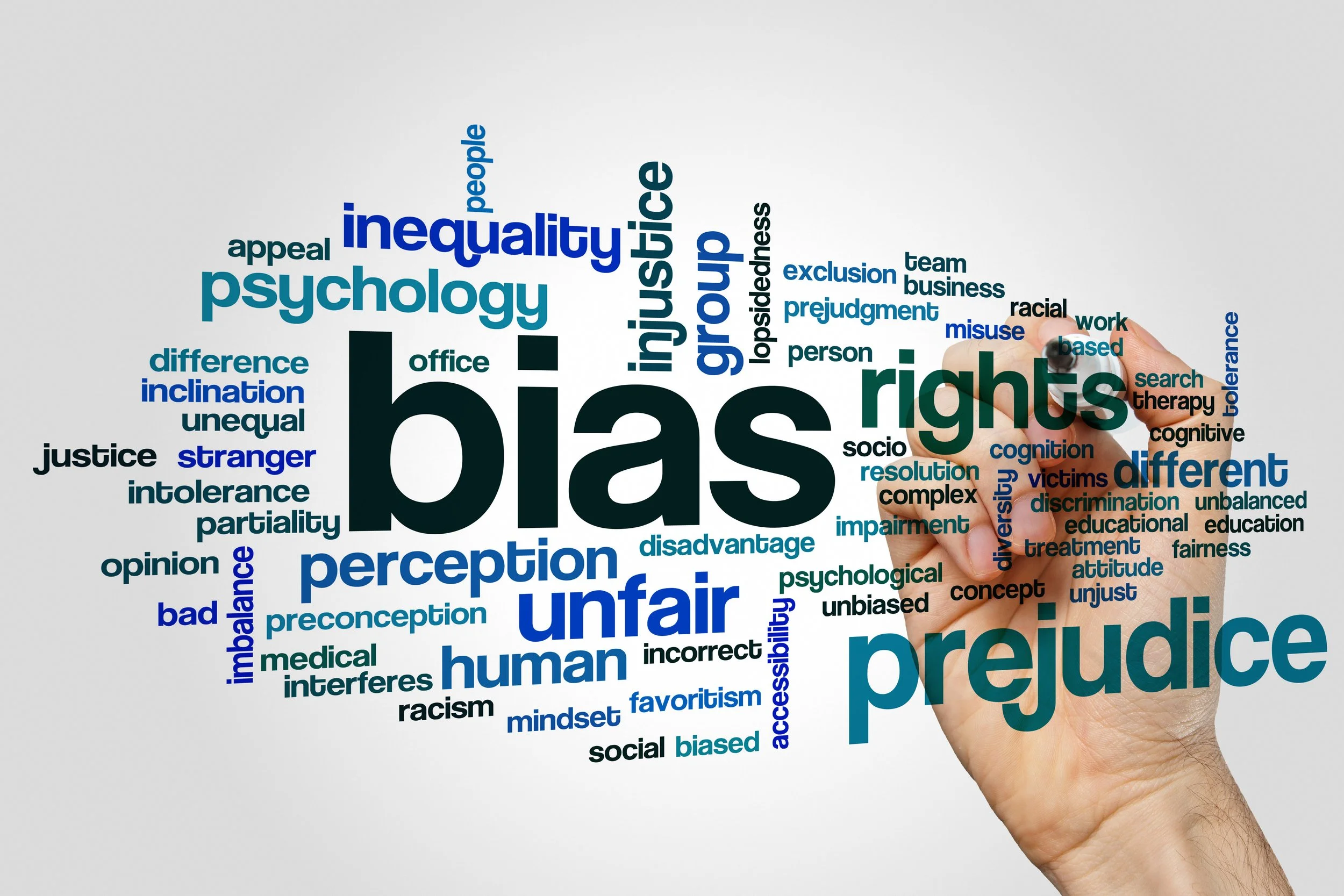This week, I attended the Society to Improve Diagnosis in Medicine’s Patient Summit and Diagnostic Error in Medicine 14th Annual International Conference. Unless you are terminal, diagnosis is the most highly fraught time in the life of a disease, and if it’s wrong or delayed, it costs lives. We talked about many types of disparities: gender/sexuality, racial, age-based, even body type. And as we discussed, it occurred to me that there was one missing: the diseases themselves.
I have been discriminated against, mainly because I am a woman, but also because I was “too young” to have X, a kind of reverse age discrimination. None of my other demographics fall into common discriminatory categories. Except one.
I am a patient.
Think about it. The fact that you have a certain condition automatically puts you in a box of what providers expect with that condition, and that mindset can have an adverse effect on any future issues. It’s a bit circular; you have this condition so you must have that side effect, but also you have this side effect so you must have that condition. If you think about for too long, it might break your brain.
For example:
You are X years into a kidney disease condition. You tell the doctor you are experiencing irritated skin and itching. The doctor says dehydration is a symptom and can cause itching, just increase your fluid intake. But you know your fluids are fine. Why not check to see if it’s dermatitis?
You are a patient with spinal arthritis. You tell the doctor the pain is more intense, and of a different character than usual. The doctor says pain is to be expected with spinal arthritis; they will increase the dosage of your pain medication. But when my mom was developing stage four pancreatic cancer, her only symptom was back pain.
You are a chronic pain patient with a well-documented history of needing opioids to function. This history goes back long before the opioid crisis. Your doctor retires, and your insurance sends you to a new one. Just by virtue of being a pain patient, when you ask for the medication you need, the new doctor suspects your motives because of what is going with society, but which has nothing to do with you. They may be afraid to prescribe what you need or may not want to deal with the paperwork required to get the correct doses. You may not die because of it, but whatever life you had halts while you search for a new provider who can provide the complex care you need.
It is a huge catch-22 that sometimes the very thing that sends you to a provider can be the thing that leads the provider to an incorrect or delayed diagnosis. Providers tend to allow previous medical history to color how they assess the current complaint, even the ones who know you best. And they should absolutely take previous history into account, but they should also not rule out that it could be completely unrelated, especially if the patient is telling them that it doesn’t feel like their existing condition. We know our bodies best, and just because an additional condition is unlikely, it doesn’t mean it’s impossible. There are millions of us who have multiple unrelated chronic and autoimmune conditions.
While this kind of bias in medicine isn’t often addressed, I was pleased to discover that it’s not completely unknown. Another conference attendee told me that her organization includes condition-based bias in their research. I am hoping that as research on patient safety and diagnostics continues to grow, that it will be included as a research variable more and more often.
But we’re not there yet, which is why it is so important to be an advocate for yourself. You know what you know. If your doctor isn’t hearing you, it’s ok to go looking for one who will. The medical community often frowns upon this kind of doctor shopping, but it is the medical community that puts us in the position to search. If we don’t find someone to listen, it could cost a life. It has before.

